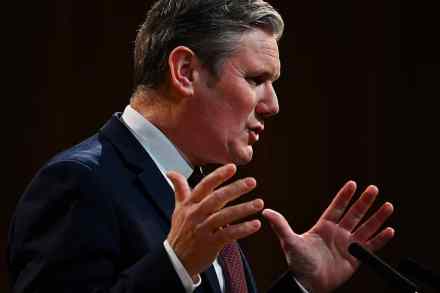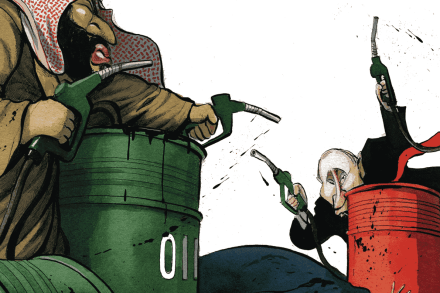Sturgeon’s pay rise grandstanding
After apologising to witches and advocating nuclear armageddon, what next for Nicola Sturgeon? Why, a healthy dollop of virtue-signalling, of course. The selfie-loving satrap spotted an opportunity to put some clear blue water between her and Westminster this morning, leaping on a tweet from today’s No. 10 briefing that confirmed Boris Johnson would accept the forthcoming pay rise being given by IPSA to all MPs. Sturgeon declared to her 1.4 million followers on Twitter that: Ministers in @scotgov have not taken a pay rise since 2008 and I can confirm we will not do so this year either. We donate increases back to the public purse for spending on services. Where




















